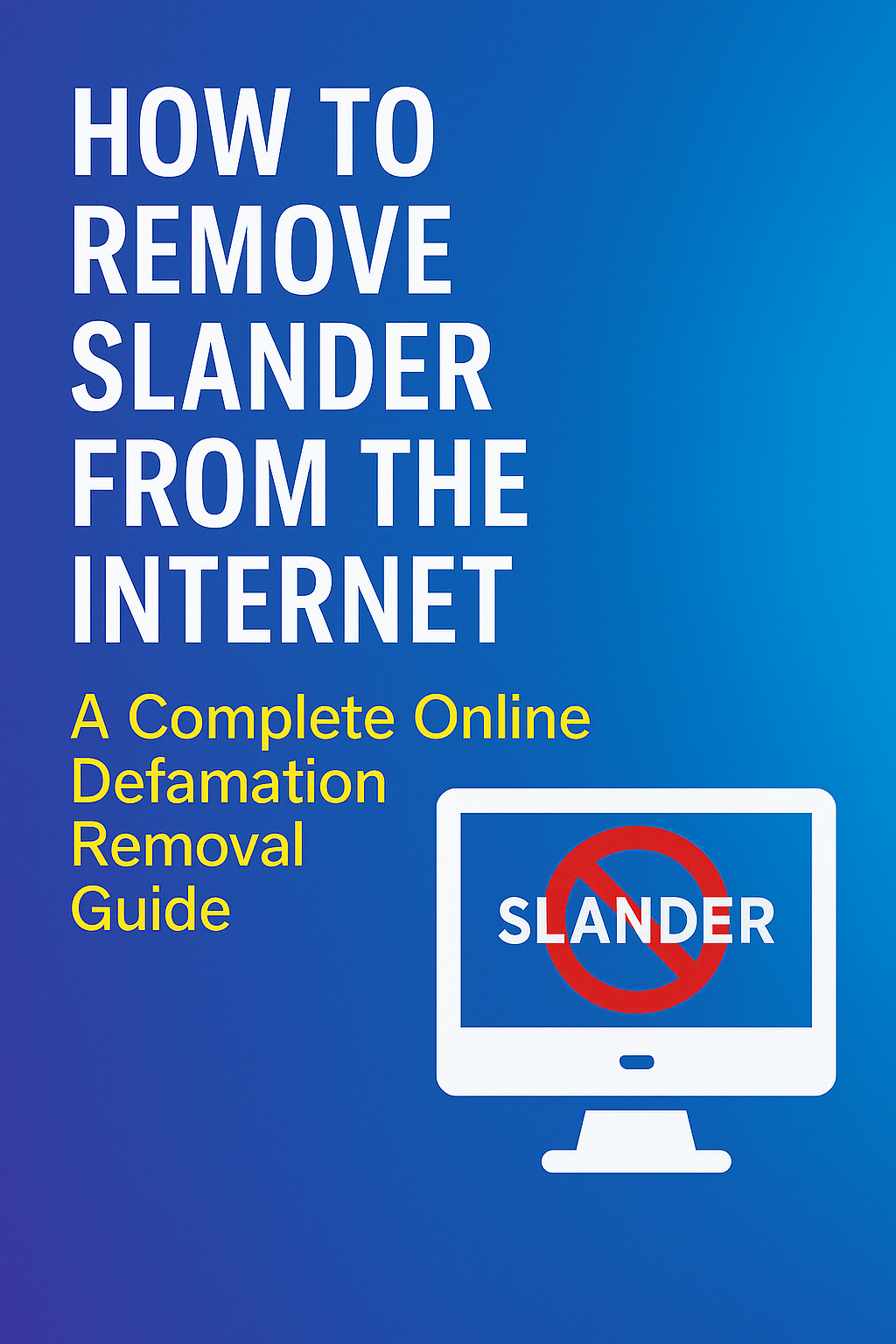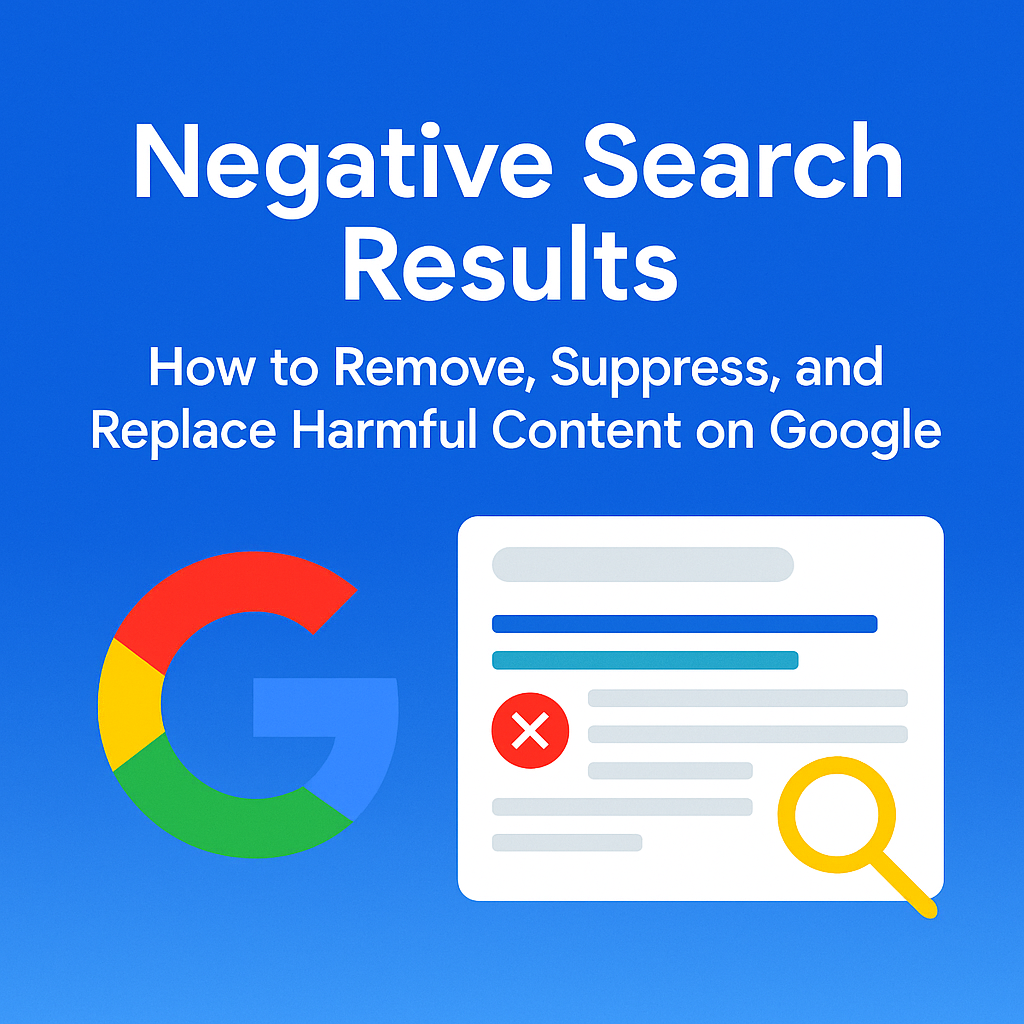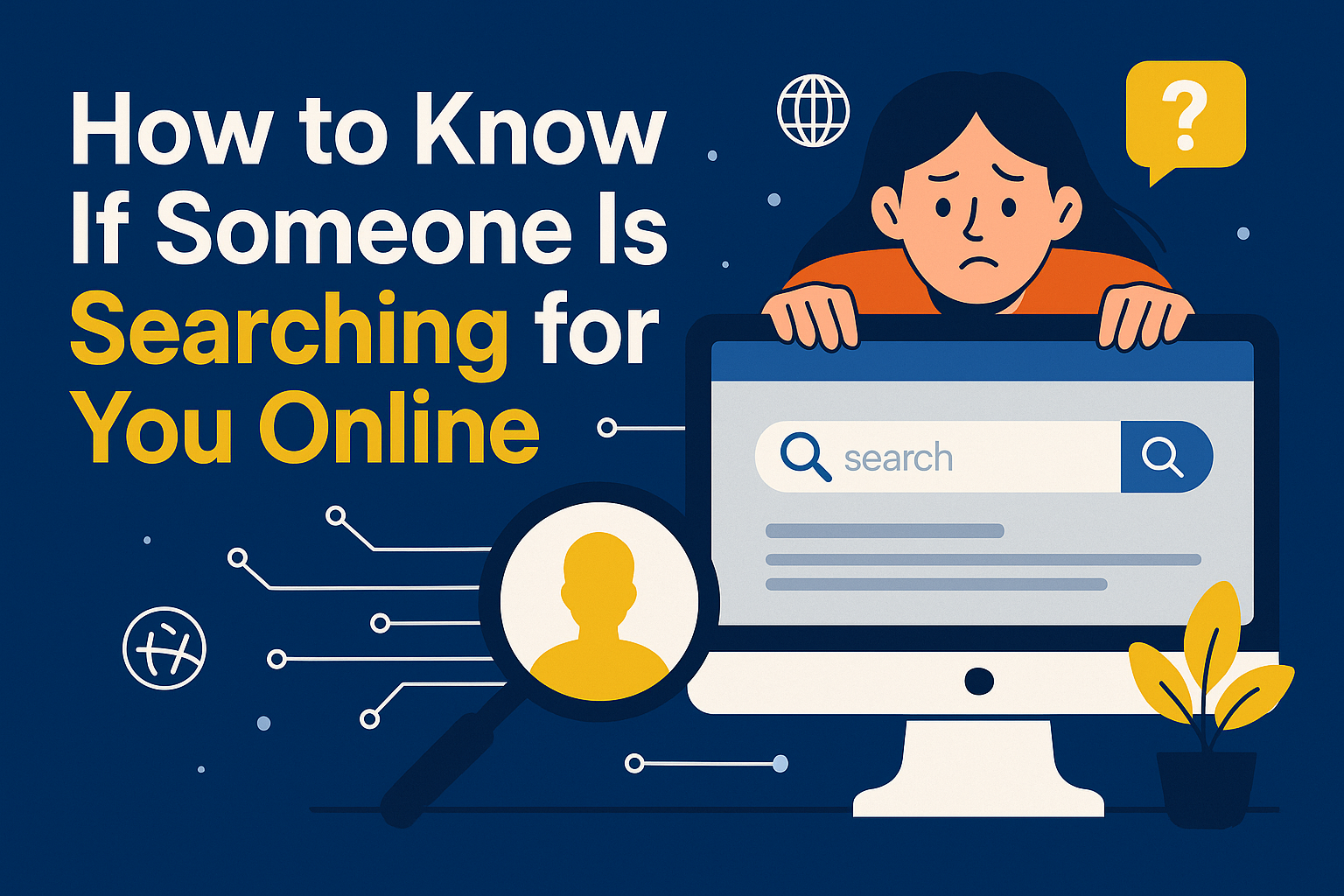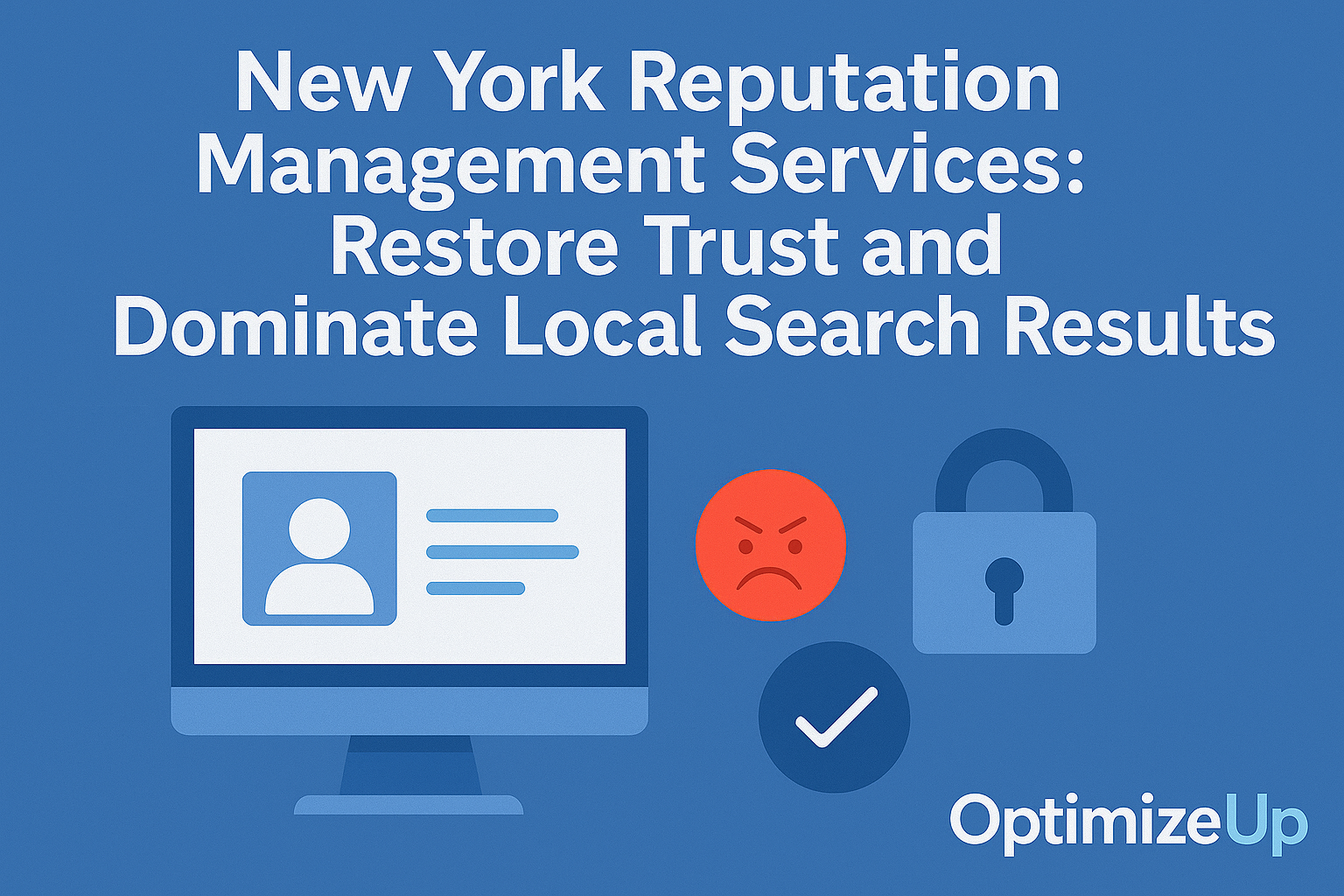What Is Online Slander and Why Is It So Harmful?
Slander refers to false, spoken defamatory statements—but when those words are published on the internet (through videos, forums, or transcripts), they often fall under the broader category of online defamation.
Common Forms of Internet Slander:
- YouTube rants falsely accusing someone of fraud
- Reddit threads spreading unverified claims
- Forum posts attacking personal or business integrity
- Facebook or TikTok videos making defamatory statements
The damage is immediate: trust erodes, search results rank negatively, and reputations suffer long-term harm.
“Online slander can devastate a person or brand in under 24 hours—but with the right strategy, it can be reversed.”
Why It’s More Dangerous Today Than Ever:
- Platforms amplify and archive harmful posts
- Algorithms favor sensational and defamatory content
- Screenshots create lasting footprints—even if content is deleted
How Slander Spreads Online
- Social sharing: Viral content amplifies false accusations
- Search indexing: Defamatory links rank in Google
- Screenshots: Even deleted content may be archived
- Reposting: Anonymous users republish harmful remarks across forums
- Web scraping: Content is copied by aggregators or SEO-spam sites
Once a harmful statement gains traction, it can lead to:
- Loss of employment or business opportunities
- Mental and emotional distress
- Legal complications and reputational recovery costs
- Blacklisting by clients or collaborators
Legal Options to Remove Online Slander
1. Cease and Desist Letter
Send a formal letter demanding the defamatory content be removed.
- Sent by an attorney (recommended)
- Includes threat of legal escalation
- Often results in voluntary takedown
2. Defamation Lawsuit
Take legal action if the post causes real harm and meets defamation criteria:
- False statement of fact
- Published to a third party
- Causes reputational damage
- Made with negligence or malice
Note: Public figures face a higher legal standard (must prove actual malice).
3. DMCA Takedown (If Your Content Is Misused)
If defamatory content includes copyrighted material you own, file a DMCA Takedown.
4. Court Order or Injunction
Obtain a court order requiring removal of the content. Many platforms will comply if you provide a certified order.
5. Platform-Specific Legal Requests
Use these tools:
6. Anonymous Poster Legal Discovery
If the defamatory post is anonymous:
- File a John Doe lawsuit
- Subpoena web hosts and ISPs for IP addresses
- Identify the poster through metadata and court orders
7. State-Specific Defamation Laws
Some states offer enhanced protections or quicker court routes for:
- Cyberlibel
- Business defamation
- False light invasion of privacy
Non-Legal Ways to Remove or Suppress Slander
1. Contact Website Owners or Moderators
Reach out respectfully and professionally. Request takedown if content violates:
- Community guidelines
- Privacy rules
- Terms of service
2. Flag or Report Content Internally
Most major platforms allow you to report:
- Harassment
- Defamation
- False information
3. Use Content Suppression Strategies
Push down the harmful links using:
- SEO-optimized blog posts
- New social media profiles and posts
- YouTube videos with positive content
- Press releases and interviews
- Guest posts and expert commentary
4. Claim Authoritative Profiles
Secure high-ranking assets:
- Google Business Profile
- LinkedIn, Twitter/X, Instagram
- Medium.com, Substack, About.me
- Crunchbase and personal press pages
5. Use Schema and SEO to Own Page One
- Add Person schema to your website
- Interlink positive press, reviews, and bios
- Generate backlinks to trustworthy sites that mention you
Step-by-Step Guide to Remove Slander from the Internet
Step 1: Identify and Document All Instances
- Take screenshots
- Note URLs and timestamps
- Record the platform and author (if available)
Step 2: Attempt Direct Removal
- Use built-in reporting tools
- Contact poster or moderator directly
Step 3: Send Legal Notice
- Use a cease and desist letter or formal complaint
- Work with a defamation attorney to file a claim if needed
Step 4: Contact Search Engines (If Content Remains)
- Submit outdated content removal
- Submit legal takedown requests
Step 5: Launch a Reputation Recovery Campaign
- Use positive SEO
- Publish blog content and interviews
- Work with OptimizeUp or a reputation management firm
- Conduct a reputation audit every 90 days
Real-Life Example: A Business Owner Clears Defamatory Posts
Case Study: Small business owner falsely accused of theft in a viral Reddit thread.
Steps Taken:
- Issued a cease and desist letter to the original poster
- Flagged the Reddit thread and contacted moderators
- Google Legal team received a defamation complaint with screenshots
- OptimizeUp launched a suppression campaign
Outcome:
- Reddit thread removed within 3 days
- Google deindexed 2 harmful pages
- New content ranked top 3 for business name within 45 days
How OptimizeUp Helps Remove Internet Slander
At OptimizeUp, we:
- Conduct a slander audit and source mapping
- Draft takedown letters and legal referrals
- Suppress defamatory results using high-ranking content
- Monitor reputation and alerts long-term
- Provide expert SEO support and media relations services
- Assist with post-crisis rebranding and visibility recovery
👉 Request a free slander removal audit and take control of your search results today.
Frequently Asked Questions
Any false spoken or posted statement online that damages your reputation, especially when it’s shared publicly and without evidence.
Yes, if you can prove the statement is false, published, damaging, and made negligently or maliciously.
Sometimes. Many will remove slander if it violates their terms or community guidelines.
If successful, removal or suppression can take 7 to 90 days depending on the strategy.
IP tracking, subpoenas, and legal discovery can sometimes unmask the individual if necessary.
Absolutely. Once harmful links are removed or suppressed, trust rebuilds, leads increase, and brand perception improves.
We are not a law firm, but we partner with legal professionals who specialize in internet defamation cases.
Slander is spoken defamation, while libel is written or published. Online defamation may involve elements of both.
MLA Citations
“Defamation Law Fact Sheet.” Digital Media Law Project, https://www.dmlp.org/legal-guide/defamation. Accessed 13 May 2025.
“Remove Defamatory Content from Google.” Google Legal Help, https://support.google.com/legal/troubleshooter/1114905. Accessed 13 May 2025.
“Takedown Guide for Online Harassment.” Cyber Civil Rights Initiative, https://www.cybercivilrights.org/online-removal-guide/. Accessed 13 May 2025.
“Reporting Harmful Content.” YouTube Help, https://support.google.com/youtube/answer/2807622. Accessed 13 May 2025.
“What Is Online Defamation?” EFF.org, https://www.eff.org/issues/bloggers/legal/liability/defamation. Accessed 13 May 2025.





